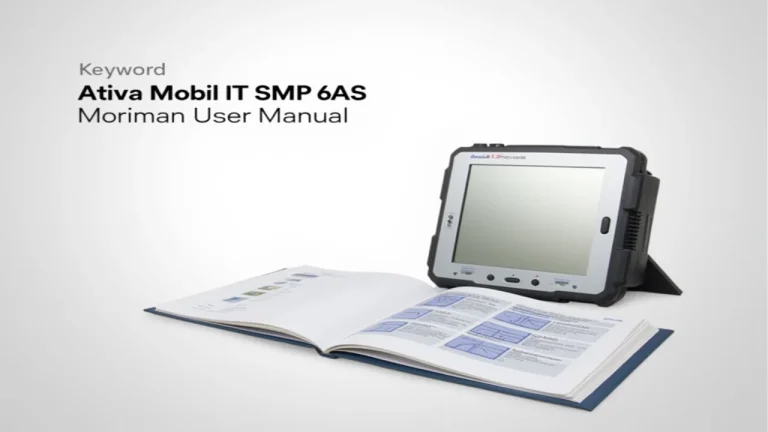What Types of Plea Deals Are Available for First-Time Offenders?
Encountering criminal charges for the first time is often a stressful experience. For first-time offenders, navigating the legal system may feel daunting, but understanding the plea deals for first time offenders can provide clarity. Plea deals can play a significant role in resolving a case without the need for a lengthy trial. At Rose Legal Services, we’re committed to helping you explore your options and make informed decisions.
What Is a Plea Deal?
A plea bargain is an agreement in which the defendant and the prosecutor settle the case terms. In this agreement, the defendant typically agrees to plead guilty to a lesser charge or fewer charges in exchange for a reduced sentence or other concessions. For first-time offenders, plea deals can offer a second chance while avoiding the risks and uncertainties of trial.
Key Benefits of Plea Deals for First-Time Offenders
First-time offenders often receive more leniency from prosecutors and judges, making plea deals a favorable option. The benefits of plea deals include:
- Avoiding harsher penalties associated with more severe charges.
- Resolving the case faster than through a trial.
- Reducing the long-term impact of a conviction on personal and professional life.
Understanding the different types of plea deals is crucial for evaluating the best course of action in your case.
Types of Plea Deals Available for First-Time Offenders
There are several types of plea deals that first-time offenders may consider, depending on the specifics of their case. Let’s explore some of the most common options:
1. Charge Bargaining
Charge bargaining involves negotiating the charges against the defendant. For example, a prosecutor may agree to reduce a felony charge to a misdemeanor. This type of plea deal is particularly helpful for first-time offenders, as it minimizes the severity of the charge and its long-term consequences.
For instance, in a case involving a theft charge, the prosecutor might agree to reduce the charge to a lesser offense like trespassing, provided the defendant pleads guilty.
2. Sentence Bargaining
In sentence bargaining, the prosecutor and defense negotiate the sentence the defendant will receive in exchange for a guilty plea. This option can be beneficial for first-time offenders who want to avoid harsh penalties such as extended jail time.
For example, a first-time offender charged with a non-violent crime may agree to plead guilty in exchange for probation or community service instead of incarceration.
3. Fact Bargaining
This type of plea deal, known as fact bargaining, is rare but involves the defendant conceding certain facts in exchange for the prosecutor agreeing not to introduce additional damaging evidence.
While this type of plea deal may not significantly alter the charges or sentence, it can still be advantageous for reducing the impact of specific allegations.
4. Deferred Prosecution Agreements (DPAs)
Deferred prosecution agreements are a popular option for first-time offenders, particularly in cases involving minor offenses. Under a DPA, the prosecutor agrees to delay or dismiss the charges if the defendant successfully completes certain conditions, such as attending counseling, paying restitution, or performing community service.
This option allows first-time offenders to avoid a formal conviction on their record, provided they meet the terms of the agreement.
Factors That Influence Plea Deals for First-Time Offenders
The type of plea deal available to a first-time offender depends on several factors, including:
- Nature of the Offense: Non-violent or minor offenses are more likely to result in favorable plea deals.
- Prior Record: A clean criminal history can work in favor of first-time offenders.
- Evidence: The strength of the prosecution’s case can impact the negotiation process.
- Cooperation: Willingness to cooperate with law enforcement or participate in rehabilitation programs may lead to better outcomes.
At Rose Legal Services, we understand the importance of tailoring a defense strategy to your unique circumstances. By thoroughly analyzing the details of your case, we can work to negotiate the most favorable plea deal possible.
How to Decide If a Plea Deal Is Right for You
Deciding whether to accept a plea deal is a significant decision that should not be taken lightly. It’s important to weigh the benefits and drawbacks of the proposed agreement. Consider the following questions:
- Will the plea deal reduce the severity of the charges or sentence?
- How will the deal impact your future opportunities, such as employment or housing?
- Are you comfortable admitting guilt to the agreed-upon charges?
An experienced attorney can help you assess the plea deal’s terms and determine if it aligns with your best interests.
Why First-Time Offenders Should Seek Legal Guidance
For first-time offenders, the plea deal process can be complex and filled with legal nuances. Having knowledgeable legal representation ensures that your rights are protected throughout the process. An attorney can:
- Negotiate with prosecutors to secure the most favorable terms.
- Advise you on the long-term implications of the plea deal.
- Help you fulfill any requirements outlined in the agreement, such as attending classes or completing community service.
At Rose Legal Services, we are dedicated to helping first-time offenders navigate the legal system with confidence and clarity. Whether you are considering charge bargaining, sentence bargaining, or a deferred prosecution agreement, we can guide you through the process and advocate for the best possible outcome.
Moving Forward with Confidence
Plea deals for first-time offenders can provide a path forward, offering opportunities to resolve charges while minimizing long-term consequences. By understanding the types of plea deals available and seeking skilled legal guidance, you can make informed decisions that protect your future.
If you’re a first-time offender facing criminal charges, don’t navigate the legal system alone. Contact Rose Legal Services to discuss your case and explore your plea deal options. Together, we can work toward a resolution that supports your best interests.







